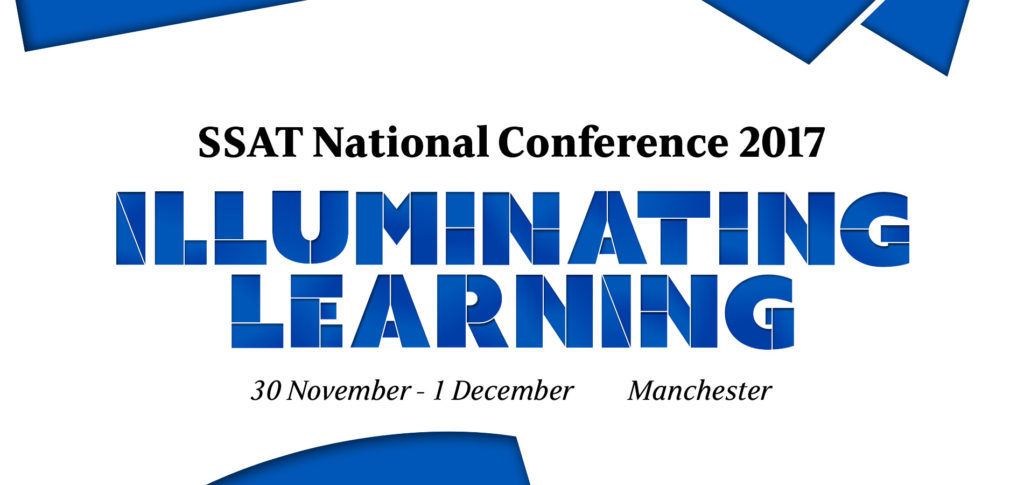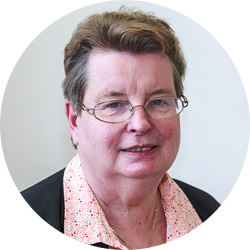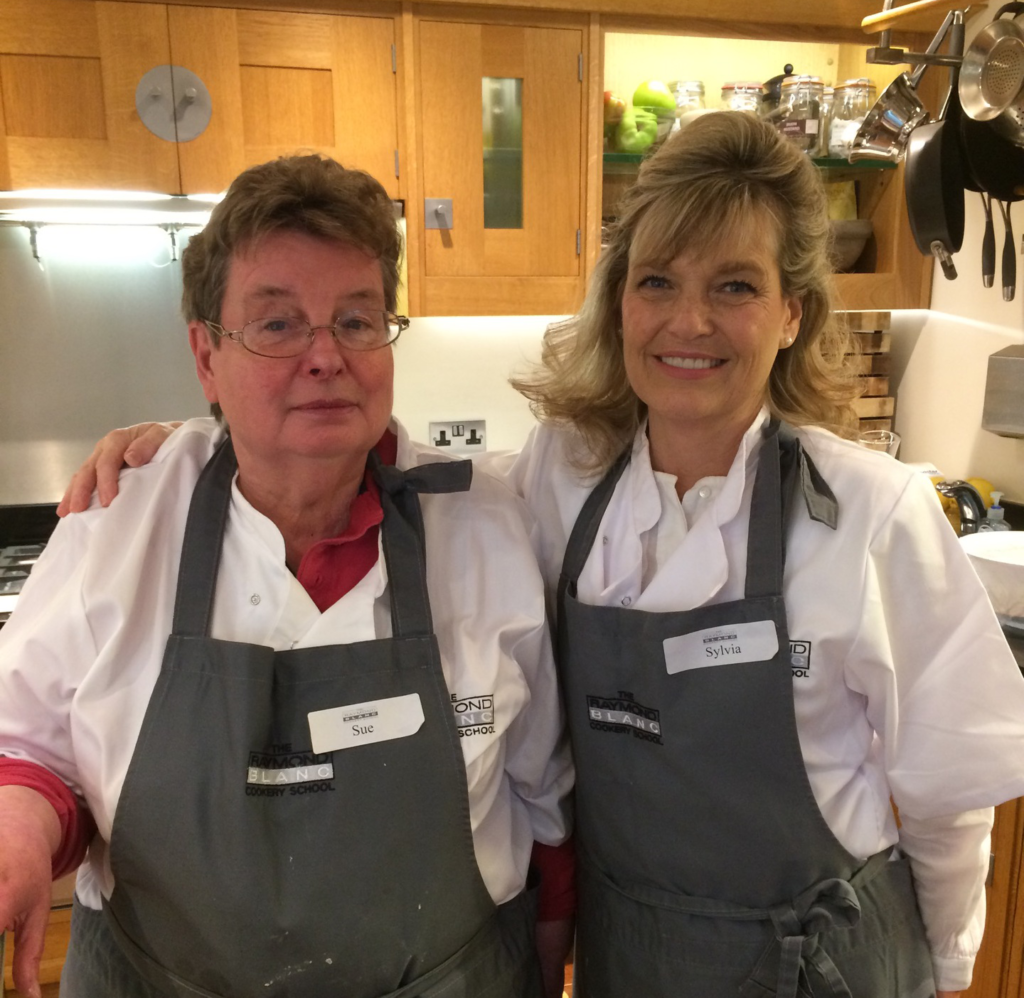
 SSAT chief executive Sue Williamson goes back to the classroom – with a difference
SSAT chief executive Sue Williamson goes back to the classroom – with a difference
Thanks to the generosity of friends and family, I had a day with two SSAT colleagues on a bread-making course at Le Manoir Aux Quat’Saisons. Our tutor was Benoit Blin, chief patissier at Le Manoir and chairman of the UK Pastry Club Coupe de Monde. He is also a judge on BBC2 cookery programme, ‘Bake Off: Crème de la Crème’. We were promised a ’hands-on opportunity to develop your culinary skills in a practical and fun environment.’
Benoit’s first question was to ask about our experience of baking: had we made bread before? My mind went back 50 years to my ‘O’ level in household cookery. I can honestly say that I found this to be my most difficult examination. A three-hour practical plus a theory paper tested me fully. My school did not have a cookery room, so I had to travel by bus or bike to a school that did. It was a challenge to take home a roast with all the trimmings on the back of a bike. However, the knowledge and skills that I learnt all those years ago have stayed with me.
No time wasted
Like all good teachers, Benoit had his lesson plan, which was enhanced by encouraging us to ask questions, as well as posing his own questions. His expertise and skills stood out, as did his encouragement and help in making our bread better. He worked us very hard – every minute of our time was utilised fully. While one dough was proving, we were working on the next. And even while we were doing the practical, Benoit was reinforcing the theory.
 At lunchtime we were able to taste the bread we had made in the morning, and to hear Benoit’s critique. We were also treated to a tour of the kitchens, which was a real eye-opener. So much attention is given to detail – in the food preparation area, the salmon was being cut into small pieces and each piece weighed to ensure precision in canapé production. Long steel rulers were being used to ensure the bread was cut into exact sizes before baking. Everything had to be produced to an exacting standard or it was rejected. The staff were generally young and we heard about their training programme. Young chefs are encouraged to take part in international competitions and their success is celebrated. Excellence is the standard for everything. The staff work long hours – 12-hour shifts, though this is being reviewed.
At lunchtime we were able to taste the bread we had made in the morning, and to hear Benoit’s critique. We were also treated to a tour of the kitchens, which was a real eye-opener. So much attention is given to detail – in the food preparation area, the salmon was being cut into small pieces and each piece weighed to ensure precision in canapé production. Long steel rulers were being used to ensure the bread was cut into exact sizes before baking. Everything had to be produced to an exacting standard or it was rejected. The staff were generally young and we heard about their training programme. Young chefs are encouraged to take part in international competitions and their success is celebrated. Excellence is the standard for everything. The staff work long hours – 12-hour shifts, though this is being reviewed.
We finished our day at 4.30pm, with Benoit testing our knowledge with a number of questions. Understand the basics and you can move on to the advance course, which is a two-day programme. We all agreed that the day had flown by and it had been an amazing learning experience. We all want to do more. We had been inspired. We also knew that if we are to be ready for the next course, we have to practice and practice.
Great teaching
How does this relate to schooling? It confirmed that great teachers enable deep learning. To do this they must have the knowledge and understanding of the subject area – and the enthusiasm for it. That we should think about the time we allocate to study in the school year. All subjects would benefit from longer periods of study, with the opportunity to apply knowledge.
All subjects would benefit from longer periods of study, with the opportunity to apply knowledge
Activity weeks enable longer periods of study, but could this be done more frequently during the school year? Food technology needs to stay on the school curriculum, as it helps in understanding of science and nutrition as well as giving students skills for life. Learning can be fun and very enjoyable. You should come away from a lesson wanting to know more. Mastery of any subject takes time and practice.
Truly inspired, we are all planning to participate in the advanced course.
Sue Williamson is opening the conference on Thursday morning. Read more in the NC17 blog series:
- The Chartered College of Teaching: on the cusp of change for the profession
- How a frustrated teacher became an expert in educational psychology
- Courageous leadership and the school curriculum
Book your place at SSAT National Conference 2017: Illumination learning
